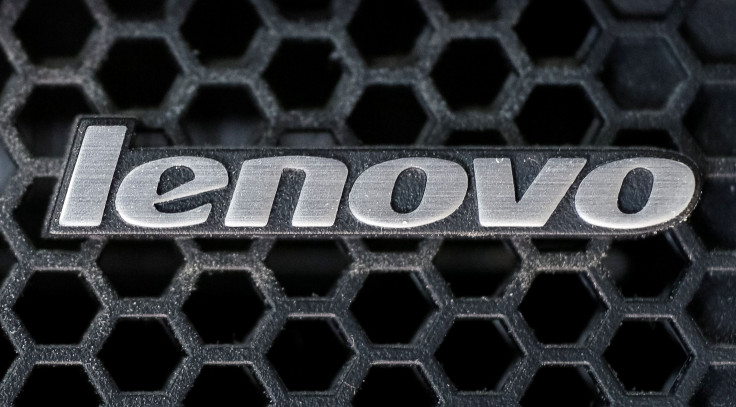Lenovo slapped with US$3.5 million fine for selling laptops preinstalled with adware

Lenovo is set to pay a US$3.5 million (AU$4.4 million) fine for selling laptops that came preinstalled with adware. The charges were filed by the Federal Trade Commission (FTC) and 32 State Attorneys General. The dubious software package reportedly compromised the laptop users’ security defence systems in order to deliver ads.
Lenovo started preinstalling adware called VisualDiscovery in its notebooks in the US back in August 2014, according to FTC’s complaint. The “man-in-the-middle” software programme, which was developed by the now-defunct advertising company called Superfish, apparently impeded how the browsers of users interacted with websites. The adware also created severe security vulnerabilities.
Lenovo preinstalled VisualDiscovery on hundreds of thousands of its notebooks. The programme pushed pop-up ads from Superfish’s retail partners every time a user hovered his or her cursor over a related product on a website. When it was found out that the app was able to take on even supposed secure connections and be used to spy on encrypted networks, Lenovo provided users with a tool to get rid of the programme.
“Lenovo compromised consumers’ privacy when it preloaded software that could access consumers’ sensitive information without adequate notice or consent to its use,” according to Acting FTC Chairman Maureen K. Ohlhausen. “This conduct is even more serious because the software compromised online security protections that consumers rely on.”
Lenovo’s settlement with the FTC states that the company is banned from falsely representing any of its preinstalled software’s features on its laptops that intend to inject ads into users’ web browsing sessions or spread private user info to its partners or third party companies. The Chinese electronics giant is likewise required to obtain approved user consent before it preloads any of its computers with such apps.
What’s more, Lenovo has been ordered to device a wide-ranging software security programme for the majority of the preinstalled apps in its laptops for the next two decades, which will be subject to external audits. The company, however, categorically denied the accusations of preloading its portable PCs with adware. Lenovo said that it hasn’t been selling the dubious app since early 2015.
“While Lenovo disagrees with allegations contained in these complaints, we are pleased to bring this matter to a close after two and a half years,” the company stated. “To date, we are not aware of any actual instances of a third party exploiting the vulnerabilities to gain access to a user’s communications.”





















